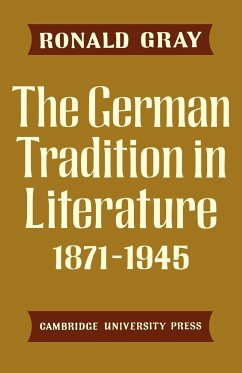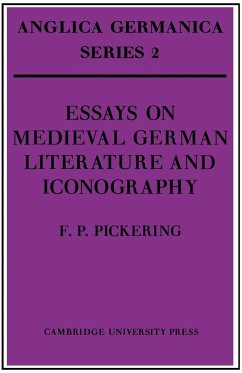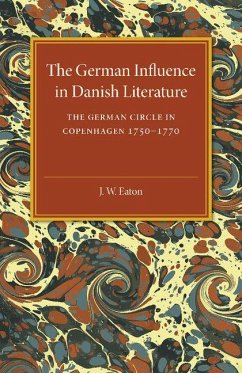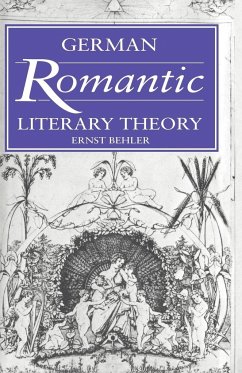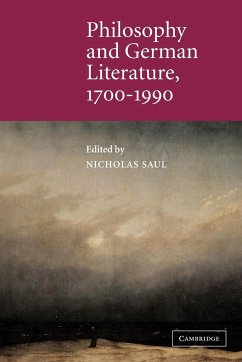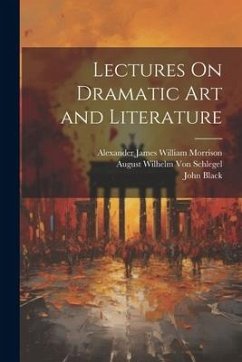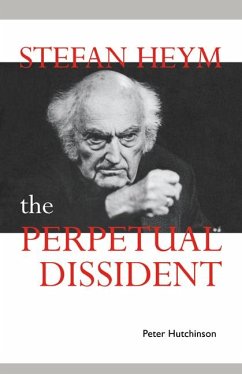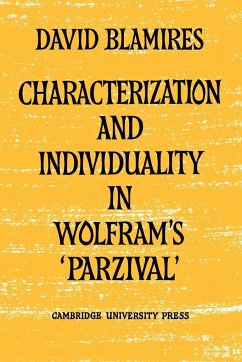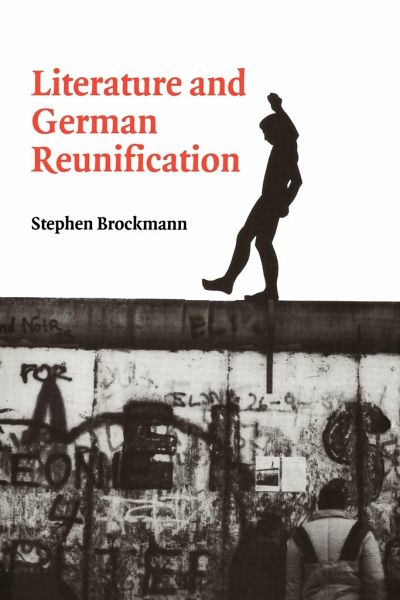
Literature and German Reunification

PAYBACK Punkte
24 °P sammeln!
A full-length study of the literary consequences of German reunification.This book is a systematic attempt to examine the literary consequences of German reunification. Placing the concept of the Kulturnation at the centre of its analysis, the book explores the ways in which literature both responds to and helps to constitute notions of German national identity. Previous studies of German literature have tended to avoid the problem of nationhood: this is one of the few books in any language to treat contemporary Germany as a cultural and national unity. The book discusses German literature fro...
A full-length study of the literary consequences of German reunification.
This book is a systematic attempt to examine the literary consequences of German reunification. Placing the concept of the Kulturnation at the centre of its analysis, the book explores the ways in which literature both responds to and helps to constitute notions of German national identity. Previous studies of German literature have tended to avoid the problem of nationhood: this is one of the few books in any language to treat contemporary Germany as a cultural and national unity. The book discusses German literature from the early 1980s through the late 1990s, with a primary focus on the way in which authors of the 1990s have sought to cope with and respond to reunification and emerging questions about history, politics and identity. Larger questions are addressed about the role of both the nation and a national literature in the context of economic and political globalization.
Review quote:
"This book surveys the issues and problems of unification within the German literary landscape very well."
Monatshefte
"Literature and German Reunification is an exemplary work of German cultural studies that situates literature in the realm of historical complexity without dissolving it into mere thematic documentation: instead, Brockmann's judicious surveys of the literary-historical landscape of contemporary Germany demonstrate the necessary vitality of literature as the "imaginative space" of the nation."
World Literature Today
"[A] provocative, pioneering study."
Journal of English and Germanic Philology
"An impressive volume."
Michigan Germanic Studies
Table of contents:
Acknowledgments; Introduction: locating the nation; 1. Searching for Germany in the 1980s; 2. A third path? 3. Literature and politics; 4. Literature and the Stasi; 5. The rebirth of tragedy?; 6. The defense of childhood and the guilt of the fathers; 7. The time and the place of the nation; Notes; Works cited; Index.
This book is a systematic attempt to examine the literary consequences of German reunification. Placing the concept of the Kulturnation at the centre of its analysis, the book explores the ways in which literature both responds to and helps to constitute notions of German national identity. Previous studies of German literature have tended to avoid the problem of nationhood: this is one of the few books in any language to treat contemporary Germany as a cultural and national unity. The book discusses German literature from the early 1980s through the late 1990s, with a primary focus on the way in which authors of the 1990s have sought to cope with and respond to reunification and emerging questions about history, politics and identity. Larger questions are addressed about the role of both the nation and a national literature in the context of economic and political globalization.
Review quote:
"This book surveys the issues and problems of unification within the German literary landscape very well."
Monatshefte
"Literature and German Reunification is an exemplary work of German cultural studies that situates literature in the realm of historical complexity without dissolving it into mere thematic documentation: instead, Brockmann's judicious surveys of the literary-historical landscape of contemporary Germany demonstrate the necessary vitality of literature as the "imaginative space" of the nation."
World Literature Today
"[A] provocative, pioneering study."
Journal of English and Germanic Philology
"An impressive volume."
Michigan Germanic Studies
Table of contents:
Acknowledgments; Introduction: locating the nation; 1. Searching for Germany in the 1980s; 2. A third path? 3. Literature and politics; 4. Literature and the Stasi; 5. The rebirth of tragedy?; 6. The defense of childhood and the guilt of the fathers; 7. The time and the place of the nation; Notes; Works cited; Index.





